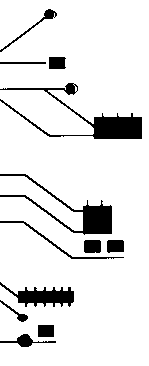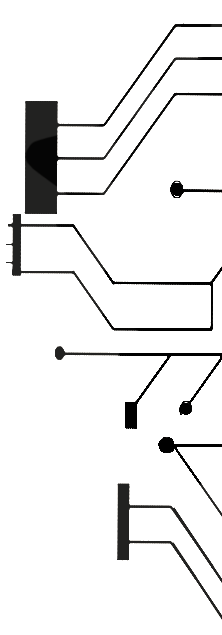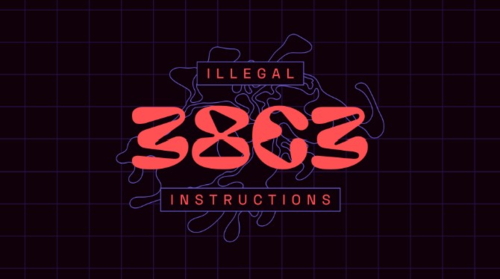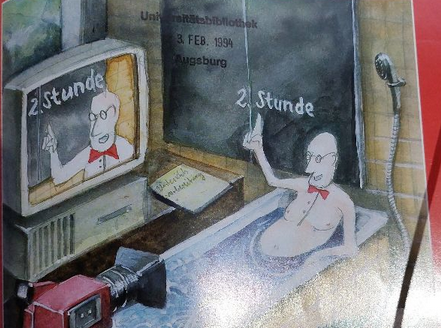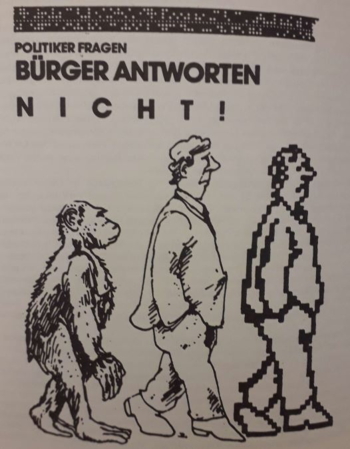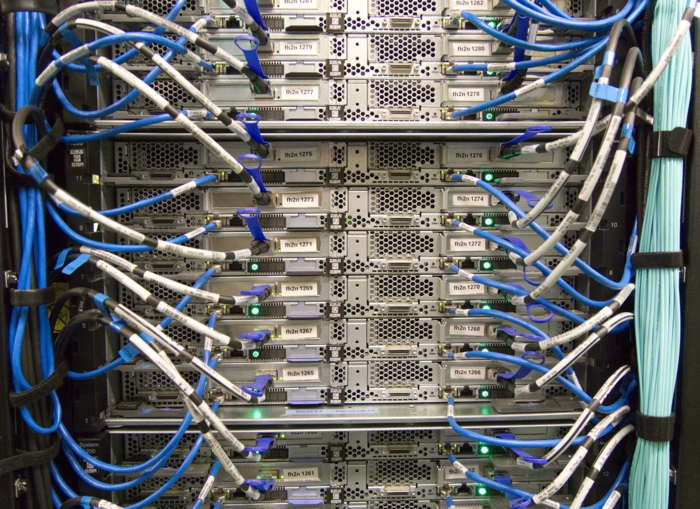Digital Inequalities.
Divides, Hierarchies, and Boundaries in Germany, 1970s to 1990s.
The advent of digital technologies in the 20th century has fundamentally changed the way we live and work.
From a 21st century perspective, these changes are referred to as the rise of a new "digital society". According to its founding myths, this society is based on an emancipatory use of technology, universal access and new forms of interactivity. However, contrary to all the utopian dreams associated with the 'computer revolution', the digital society has quickly developed its own hierarchies, erected new digital walls and created new digital divides.
The Leibniz Research Group takes up the German case in its transnational contexts to investigate how and why such divisions, hierarchies and borders have arisen.
New posts in the blog
All posts
Technologies of Migration – Migrating Technologies. The Digital Inequalities Team visits SHOT in Luxembourg
From 9 to 11 October, three members of the Digital Inequalities Team attended the Annual Meeting of the Society for the History of Technology (SHOT) in Luxembourg.

»How to Design a Revolution« Interview Eden Medina
How do politics, technology, and design intersect in moments of revolutionary change? And what can the history of Chile under Salvador Allende teach us about the role of infrastructures in shaping alternative futures?

»Digitale Transformation of Workspaces« Interview Christiane Berth
How have digital technologies transformed our working environments since the 1970s? And what do office spaces reveal about power relations, gender dynamics, and global transformations?
